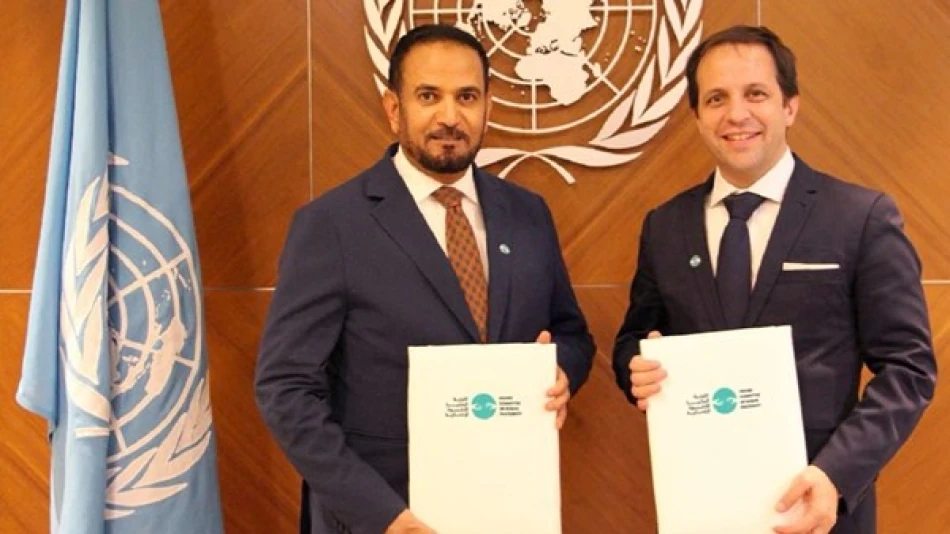
Peace University and 'Higher Committee of Human Fraternity' Sign Cooperation Agreement
The UN University for Peace and the Higher Committee of Human Fraternity signed a partnership agreement in Geneva, marking a significant step toward building global peace through education and interfaith dialogue. The collaboration aims to develop joint research programs and academic initiatives that promote tolerance and peaceful coexistence between different cultures and religions.
The signing ceremony took place at the Palace of Nations in Geneva, with diplomats, academics, and international organization representatives in attendance. This partnership builds on the Abu Dhabi Document on Human Fraternity, signed in 2019 by Pope Francis and Dr. Ahmed Al-Tayeb, Grand Imam of Al-Azhar.
The agreement creates a framework for both organizations to launch joint research projects and academic programs. They'll also develop capacity-building initiatives designed to strengthen mutual understanding between different communities. The collaboration includes creating curricula, workshops, and publications that highlight the ethical, cultural, and humanitarian aspects of peace.
Both organizations committed to supporting a new generation of young people and researchers who embody human fraternity values. These future leaders will be equipped to tackle global challenges through dialogue and collaborative action.
Dr. Khalid Al-Ghaith, Secretary-General of the Higher Committee of Human Fraternity, emphasized that education serves as a powerful tool for building empathy and cooperation between peoples. He noted that the partnership with the University for Peace reflects a global vision of peace based on human dignity.
Ambassador David Fernandez, Permanent Representative of the University for Peace, explained that the agreement strengthens the university's mission to establish peace through education. He highlighted how working with the Higher Committee reaffirms their commitment to preparing new generations who can serve as ambassadors of harmony and mutual respect.
This partnership represents both institutions' shared vision of supporting dialogue, inclusion, and solidarity at academic and community levels. The collaboration directly supports UN goals in sustainable peace, cultural understanding, and human rights. By signing at the Palace of Nations, both organizations demonstrated their shared belief that achieving peace starts with education, compassion, and joint work across different cultures and religions.
Most Viewed News

 Layla Al Mansoori
Layla Al Mansoori






